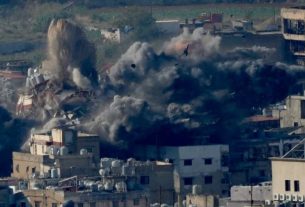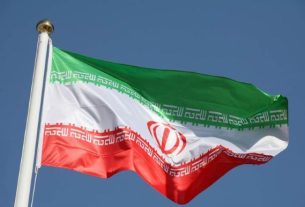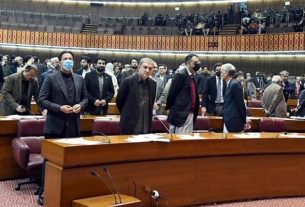UNITED NATIONS: Afghanistan’s Taliban-appointed interior minister Sirajuddin Haqqani is reportedly seeking to take under his control the most promising economic projects, primarily the construction of the Afghan section of the Turkmenistan-Afghanistan-Pakistan-India (TAPI) gas pipeline, a UN report has said.
The 14th report of the Analytical Support and Sanctions Monitoring Team of the 1988 Taliban Sanctions Committee of the UN Security Council said discord among Taliban officials over the distribution of positions in the de facto state apparatus is “significant”. “Disagreements are reportedly rife between acting interior minister and leader of the Haqqani Network, Sirajuddin Haqqani, and acting first deputy PM Mullah Baradar,” it said. Baradar has “less influence” in government, but he retains the support of southern provincial administrations.
“The conflict revolves around competition for positions in government and control of financial and natural resources and channels for smuggling commercial goods,” the report said. A footnote accompanying this observation said Haqqani is keen on the TAPI pipeline work. The 1,814-km natural gas project originates from Turkmenistan and passes through Afghanistan and Pakistan to reach India.
The report noted that the principal split within the Taliban leadership lies between factions representing Kandahar – primarily of loyalist clerics close to Hibatullah Akhundzada – and Kabul power bases – the Haqqanis and much of the working de facto cabinet. It added that the Taliban’s relations with al-Qaida remain a “source of both unity and division”. The killing of al-Qaida leader Aiman al-Zawahiri last year in Kabul left some Taliban mistrustful, believing they had been deceived over his presence.





